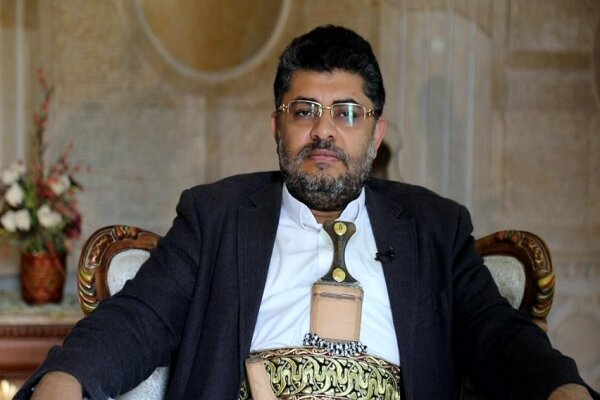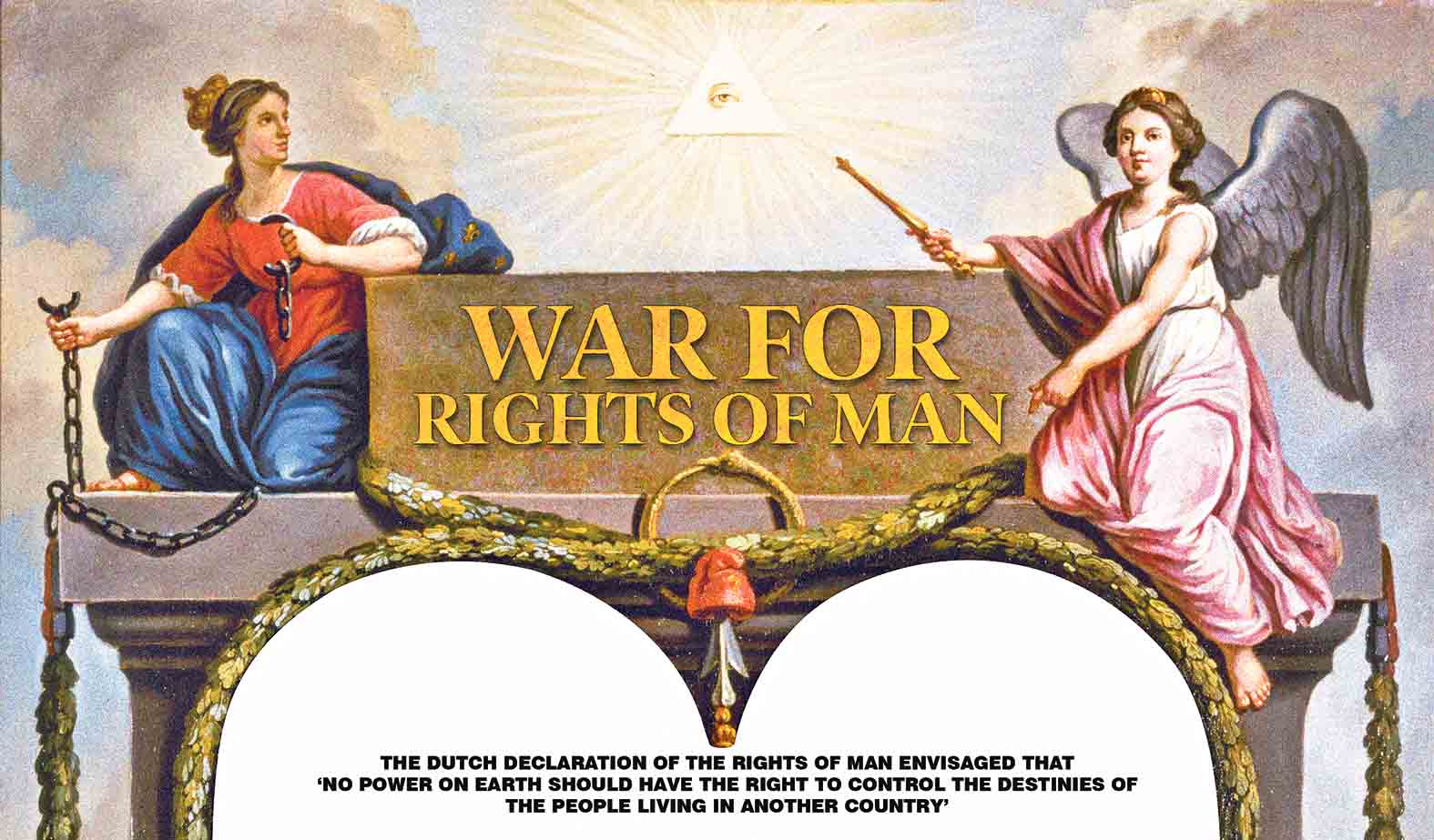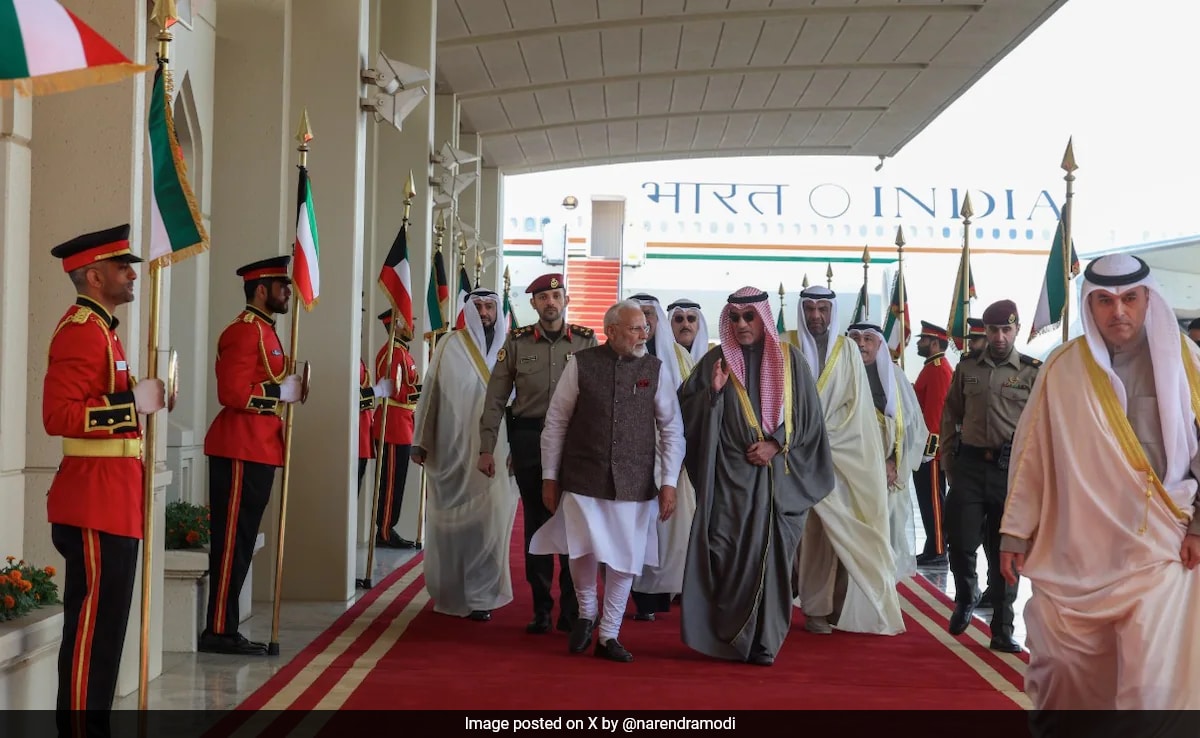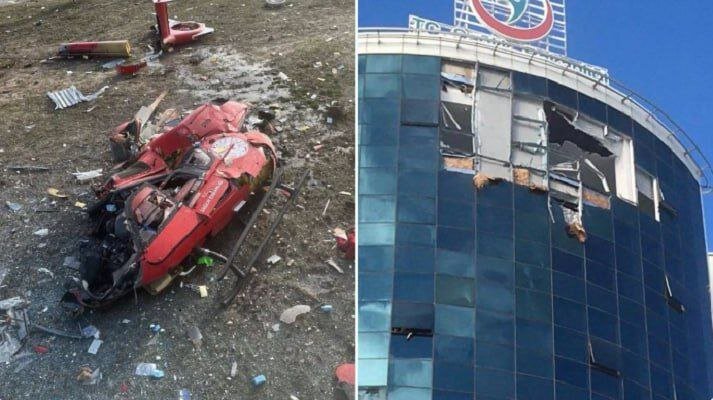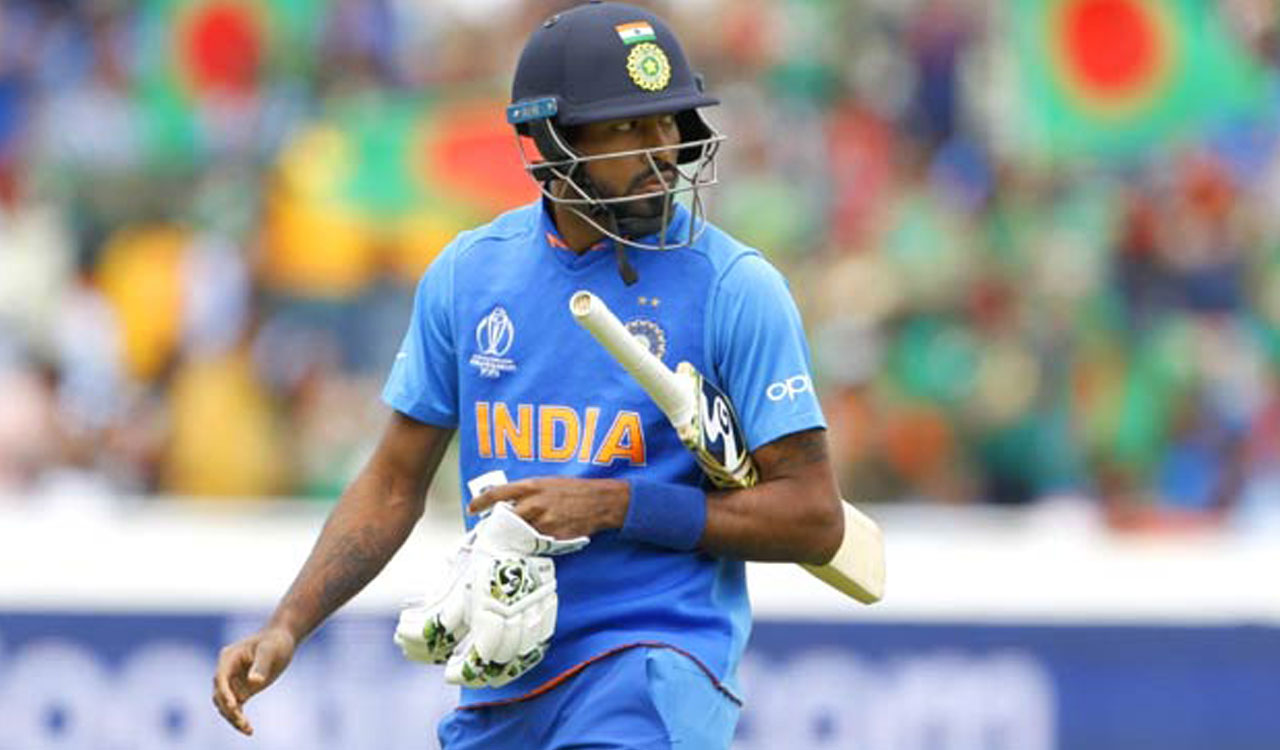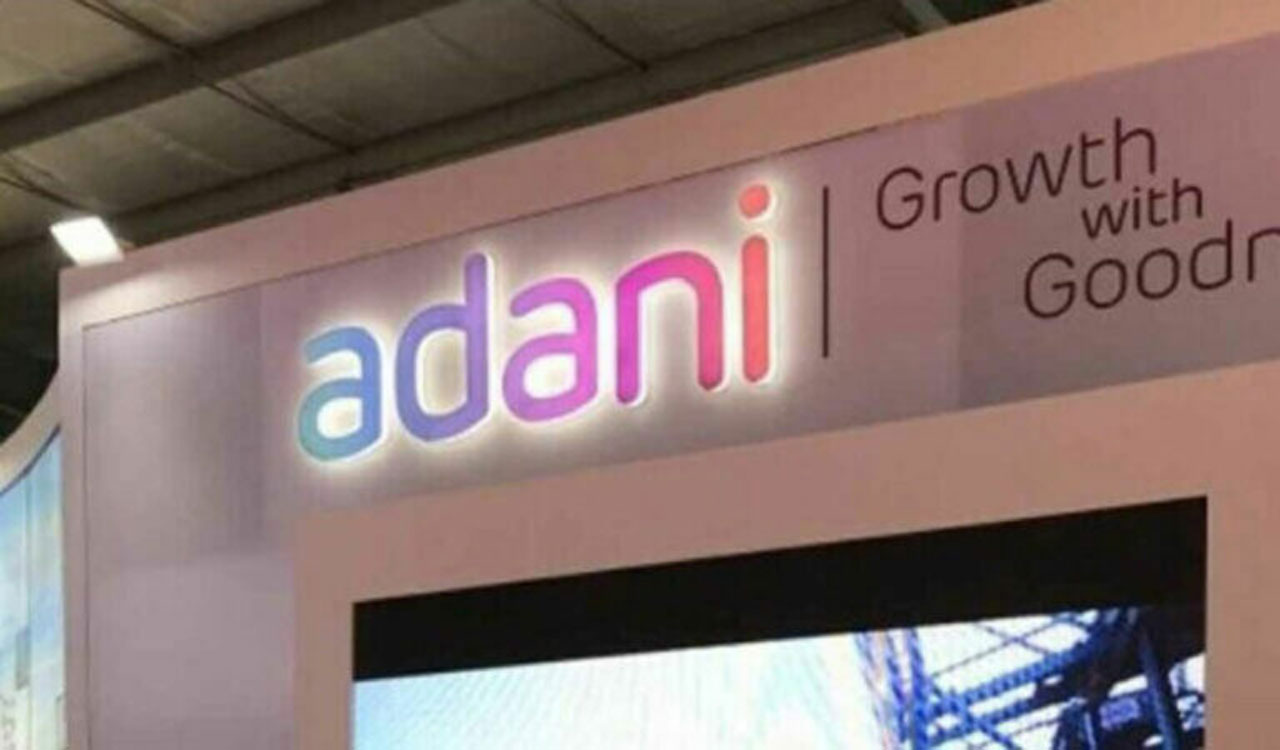The ‘Dutch Declaration of the Rights of Man’ envisaged that no power on earth should have the right to control the destinies of the people living in another country
Published Date – 21 December 2024, 09:28 PM
By KSS Seshan
Colonialism that emerged as a dominant international factor at the beginning of the modern period was the quintessence of authoritarianism, exploitation, imperialism and economic domination of a powerful nation leading to political and economic subjugation of another country. It worked on the premise that the ‘wealth of the nations’ if not exploited by the native country itself due to its inherent lack of skills, then there was every justification that another country with its resources, ability and strength could bring out the wealth of that country by subjugating it.
The forceful occupation of the underdeveloped Afro-Asian countries by several European powers after the 14th and 15th centuries for economic gain became the order of the day. Spain, Portugal, France and England were the major European powers that advocated colonialism and occupied several countries, thus becoming colonial powers. Countries in Asia, Africa and America thus were colonised by the European powers and became victims of exploitation.
Clamour for Independence
Colonialism had a setback after World War I when there was a resurgence of the marginalised Afro-Asian countries clamouring for independence from the colonial powers and won their independence from such bondage. However, a few like the 13 American colonies on the Atlantic seaboard became free as early as 1776 after a prolonged war with England. The rest had to wait for their freedom. India’s case though was different as it adopted a different path to win independence. Having understood after 1857 that the British were equipped with greater military prowess, India followed, by and large, a peaceful method that adhered to the twin principles of truth and non-violence and ultimately won its independence in 1947.
While every colony had its own tale of struggle, some served as models for others. One such was the Dutch War of Independence during the mid-16th century. It was directed against Spain, a strong colonial power at that time. The Dutch Declaration of the ‘Rights of Man’ proclaimed at the time of their independence in 1566 was the epitome of their war against colonialism and became a forerunner for many other revolutions the world over.
The revolt of the Netherlands was the greatest blow that Spain received during the rule of Philip II. Spain, which hitherto enjoyed economic leadership in Europe with an adage “if Spain moved, the entire Europe moved”, was weakened by the revolt and a new progressive Protestant state came into being in Europe. In the second half of the 16 century, the Netherlanders rose in revolt against Philip II. After a devastating struggle, the Protestant northern Dutch provinces proclaimed independence while the Catholic southern provinces decided to remain under the King of Spain.
Man-Made Country
The inhabitants of the Netherlands were hard-working and prosperous, successful in agriculture, commerce and industry. The Netherlands was originally 17 separate States which came under the possession of the King of Spain as early as 1477. Each State had its own constitution and to an extent, Charles V (1500- 1558) the Holy Roman Emperor, who also was the King of Spain, gave a better unified administration and the Dutch were happy. But his son, Philip II who succeeded his father in 1556, was arrogant, short-tempered and adopted an anti-Dutch stand. The States were very rich, and the cities and harbours such as Antwerp, Ghent, Bruges and Amsterdam generated a huge amount of revenue.
The literal meaning of the Netherlands is ‘Lowlands’ as it was below the sea level. The people, by constructing dykes and draining water, used the landmass that emerged for agriculture and industry. (The story of a Dutch schoolboy keeping his little finger in a leaking hole in the dyke all night till elders arrived in the morning and thus saving the dyke from its imminent breach is well known.) A Dutch saying aptly puts that “If God created man, man created the Netherlands.”
Spain, a Colonial Power
Philip II directed from Madrid all his administrative efforts. Spain collected huge amounts as taxes from its colony and the rich Dutch States paid their dues without any returns in the form of developmental activities. The entire administration was manned by Spanish personnel and Philip II disregarded the interests of the natives. With the wealth flowing from the Netherlands, Spain became one of the leading economic powerhouses and even challenged England that resulted in the grand fiasco of the Spanish Armada in the later part of the 16th century.
Religion was another major cause of the dissatisfaction of the Dutch people against the Spanish rule. Ever since the rise of Protestantism, the Dutch people increasingly became Protestants against the Catholic Spaniards. Philip II, a staunch Catholic, strictly enforced several edicts passed earlier to curb Protestantism and make his rule in the Netherlands a reality. He introduced the Inquisition, the religious courts, which roused great feelings of dissatisfaction among the people. Bishoprics were increased from 3 to 15. Since the Bishops were to be appointed by the crown, it was feared that they would act as king’s agents, and both Catholics and Protestants objected to this.
There was also a general dissatisfaction among the people against the absolute rule of a foreign dynasty. When several able leaders were locally available, Philip II appointed his sister, Margaret of Parma, as his Regent in the Netherlands.
The Many Firsts
• Netherlanders were the first in the world to tap wind energy by making windmills. The Dutch also used peat as a source of energy. Cheap energy was the secret of their industrial growth.
• Preservation of fish was invented by a Dutchman and the Dutch became successful traders in fish by exporting barreled fish to other European countries. They were the first to fish whales. As eating meat was forbidden for 40 days before the Easter festival, the preserved Dutch fish became a favourite in Europe thus making the Netherlands rich through fish trade. It is said in a lighter vein that the foundations of Amsterdam were laid on the Erring bones. (Erring fish was a delicacy and favoured by European countries)
The Dutch War had very modest beginnings. In April 1566, about 400 Dutch nobles met at Brussels and presented a charter of demands to Margaret demanding that the Inquisition courts and harsh edicts be withdrawn and the peoples’ representative body, Estates General, be summoned at regular intervals. When she promised to look into their demands, a loyal follower impatiently said, “Is it possible that Your Highness is afraid of these beggars.” He used the word ‘Guex’ which means Beggars, sea beggars at that. When this derogatory remark reached the petitioners, they designated themselves as ‘Beggars’ and decided to fight for their rights. Protests and religious riots were held throughout the Netherlands against Spain.
To crush the Dutch revolt, Philip II sent a close confidant Duke of Alva as the head of the Spanish army. The Duke was given the powers of a dictator. Soon after arriving, he introduced a ‘Council of Troubles’—notoriously popular as the ‘Council of Blood’. It is said that about 18,000 Dutch people were put to death on trivial charges. Several Protestant leaders were put to death by the Inquisition courts. However, their executions only enabled others to oppose the Spanish rule tooth and nail. In 1569, Alva’s rule reached its climax when he imposed several unjust taxes. For example, he imposed a general 1% tax on all personal property; 5% on the sale of landed property and 10% on all movable goods. There were widespread riots against these taxes.
William the Silent
Like every major popular movement is propelled by a leader, the Dutch War of Independence also had its leader in William of Orange, popularly known as William the Silent. He had moved to Germany for fear of life during the reign of the Duke of Alva. On returning to the Netherlands, William collected men and money for the war against Spain. He had several successes against the Spanish army and became the Governor of (Stadtholder) Holland. Stunned, Philip II recalled the Duke and appointed in 1573 a moderate, Requesens, as the Regent. The new Regent abolished the ‘Council of Troubles’, removed Inquisition courts and withdrew the unpopular taxes. But Requesens suddenly died in 1576 before achieving any permanent solution to the Dutch unrest.
The leaderless Spanish troops looted cities like Antwerp and committed horrible atrocities. These acts only strengthened the unity of the Protestants and Catholics. William, taking advantage of the situation, brought all the 17 States together with a treaty, ‘Pacification of Ghent’, in 1576 to give a united fight for independence against Spain.
Birth of Two Nations
After the death of Requesens, Philip II sent a person of his household, Prince of Parma, as the Regent to the Netherlands. Parma was so able that soon after coming to the Netherlands, he brought a division in the Pacification of Ghent that William had earlier forged. Parma formed the Union of Arras (1579) with all the 10 southern Catholic States. The remaining seven northern Protestant provinces came under the ‘Union of Utrecht’. Thus the united Netherlands went its own ways on religious lines and was divided into two separate geographical units.
In 1581, the representatives of the northern States left their allegiance to the King of Spain and unilaterally declared their independence. The ‘Dutch Declaration of the Rights of Man’ issued by them became a sheet anchor against the very concept of colonialism and has influenced political thought since then. The Declaration envisaged that no power on earth should have the right to control the destinies of the people living in another country. It was a clear pronouncement against the policy of colonialism. The rebel Dutch nation came to be called Holland while the Catholic States that remained loyal to Spain were later known as Belgium.
Assassination of William I
William of Orange came from a modest ‘Orange’ family and, therefore, was known as William of Orange. He was also known as William the Silent for the unostentatious lifestyle he led. His unflinching patriotism and strong opposition to the exploitative Spanish colonial rule earned him a great following among both the Dutch people and nobles.
Philip II, believing that William was a great obstacle to the reconquest of Dutch provinces, announced a large amount of money, property and a title of nobility to anyone who would capture or kill the Dutch leader. In 1584, a young Burgundian, Balthazar, managed to enter the modest house of William in the town of Delft and shot him dead with a pistol. It is said that William had personally opened the door. William’s place was taken by his equally able son Prince Maurice who soon successfully drove the Spaniards out of Dutch provinces.
Finally in 1648, nearly seven decades after the unilateral declaration of independence, at the Treaty of Westphalia that brought curtains on the 30-year (1618-1648) war, the united Netherlands was recognised as a separate nation by Spain.
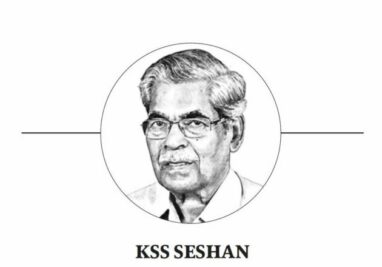
(The author is a retired Professor of History at the University of Hyderabad)
King of England
The Netherlands hogged the limelight in European political affairs when William III became the King of England on 13 February 1689. William III married Mary, daughter of James II of England. When James II fled the country during the Glorious Revolution in 1688 (also called the Puritan or Bloodless Revolution), the English parliament unanimously invited William III to be the King along with Mary. It was the only time in the history of England when the throne was jointly held by both the King and the Queen.
During William III’s reign, the system of Cabinet’s collective responsibility had its origin. The Bank of England was established in 1694. William III also introduced several constitutional reforms. In foreign affairs, he opposed Louis XIV of France and successfully established English supremacy. The English hailed him as the ‘Hero who saved the country’. As William III and Mary had no children, Anne, Mary’s sister, succeeded to the throne. Since Anne too had no surviving child, the throne of England after her death in 1714 went to the Hanoverian dynasty that has continued ever since. The present king, Charles III, thus belongs to the Hanoverian dynasty.
